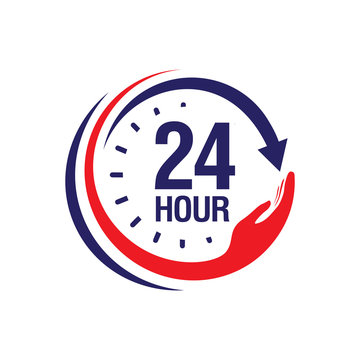The Critical Importance of Continuous Medical Monitoring
Continuous medical monitoring has become an essential component of modern healthcare, particularly for individuals with chronic conditions, elderly patients, and those recovering from serious medical procedures. The human body doesn't pause its biological processes during nighttime hours, and many medical conditions can deteriorate rapidly without proper oversight. Heart conditions, diabetes complications, respiratory issues, and neurological disorders often present their most serious symptoms during off-hours when traditional medical offices are closed.
Professional 24/7 monitoring services utilize advanced medical technology to track vital signs, medication adherence, and symptom progression in real-time. This constant vigilance allows healthcare providers to identify concerning trends before they become life-threatening emergencies. For family members, knowing that their loved ones are under continuous professional supervision provides invaluable peace of mind, allowing them to maintain their own daily routines while ensuring their family member receives the highest level of care.
The integration of artificial intelligence and machine learning in monitoring systems has revolutionized how healthcare providers can predict and prevent medical crises. These sophisticated systems can detect subtle changes in patient patterns that might indicate the onset of serious complications, enabling proactive interventions that can save lives and prevent costly emergency room visits.



.webp)
